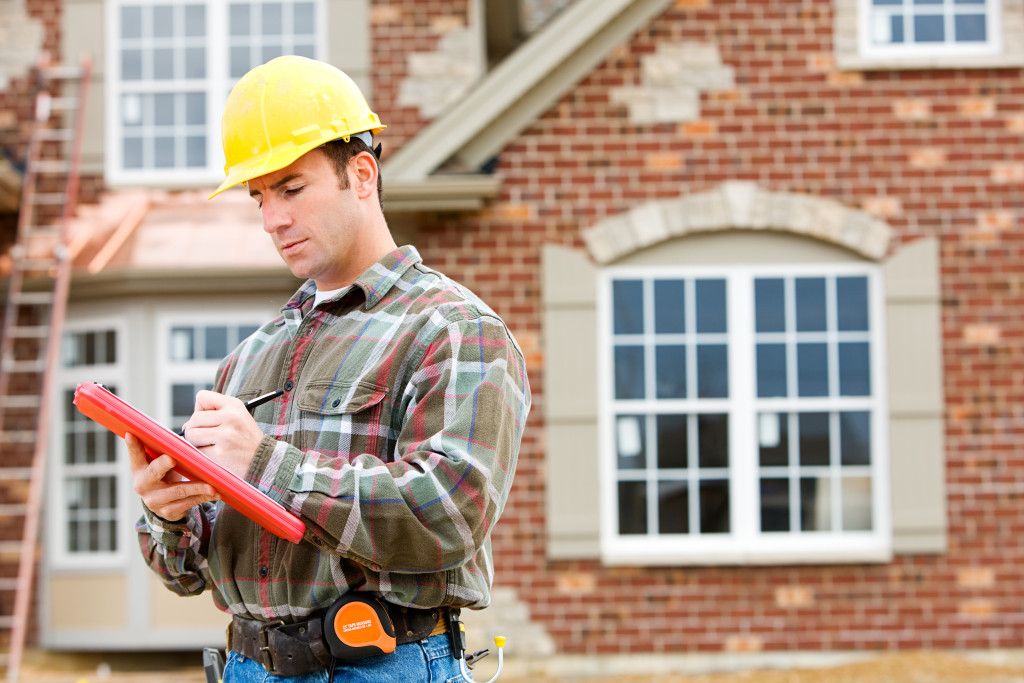You purchase stability, security, and investment when you buy a home. Home prices have been rising for several years and will continue to grow. Here are some statistics to back up the benefits of buying a home:
- Realtor.com says the average price of a home in the United States is $269,000.
- The National Association of Realtors reports that the typical U.S. homeowner’s net worth of $231,000, excluding their home equity.
- Homeownership improves mental and physical health, increases educational attainment, and reduces crime rates.
There are, of course, some drawbacks to owning a home. It won’t be a simple asset in exchange for cash trades. There will be plenty of complications to ensure homebuyers must prepare to avoid regrets. Here are a few to consider before settling for a home.
Financial Strategy
When buying a home, it is essential to be strategic with your finances. It means being mindful of what you can afford and considering your long-term financial goals. It’s also important to be aware of the potential costs of homeownership, such as property taxes, repairs, and homeowners insurance.
Even the simple step of securing a downpayment can be difficult. Homebuyers must save for years to have a decent downpayment, often 20% of the home’s purchase price.
Consider these things when developing your financial strategy for buying a home:
- How much can you afford?
- Can you get pre-approved for a mortgage?
- What are the closing costs?
- Are there any special programs for first-time homebuyers?
If your home purchase is more of a necessity than a decision, you might benefit from mortgage loans. You can put little as 3% down for a conventional loan or 0% for specific government-backed programs.
If you can purchase a home within your budget and fits your long-term financial goals, you can reap the many benefits of homeownership. However, if you are not careful, you may struggle financially. So be sure to research and plan before buying a home.
Home Inspection

You found the perfect home, and your offer got accepted. The next step is to get a home inspection. A home inspection objectively examines a house’s physical structure and systems. The inspector looks for any significant defects or repairs that are needed.
A standard home inspection takes two to three hours and costs between $300 and $500. Many people are present during the inspection to ask questions and learn about their new home.
There will be a lot of information to process, but paying attention to the report is essential. The inspector will identify any safety issues, significant repairs, and potential problems. These items can become leverages to negotiate with the seller before closing the home.
Even if the inspection report comes back clean, you should stay prepared for unexpected repairs. Having money aside for maintenance and repairs is always a good idea.
Homeowners Insurance
Homeowners insurance is a must when buying a home. It protects you from financial loss if your home is damaged or destroyed by a covered event, such as a fire or theft. Homeowners insurance also covers liability if someone gets injured on your property.
The cost of homeowners insurance depends on several factors, including the value of your home, location, and the type of coverage you need. Most people spend $1,000 to $2,500 per year on homeowners insurance.
Be sure to shop around and compare rates before buying a homeowners policy. It would help to consider bundling your homeowner’s insurance with your auto insurance for discounts.
Legal Paperworks
There will be a lot of paperwork when buying a home. The first step is to submit a loan application, which usually requires tax returns, W-2s, pay stubs, and bank statements.
After the loan is approved, you’ll need to sign a purchase agreement with the seller. This contract will include information such as the purchase price, the closing date, and any contingencies that must get met.
You’ll also need to sign various mortgage documents, such as the promissory note and mortgage deed. These documents legally bind you to the terms of your loan. Be sure to read and understand all the documents before signing anything.
Closing on a home usually takes place 30 to 45 days after the offer is accepted. During this time, you’ll need to finalize your loan, order a home appraisal, and conduct a final walk-through of the property.
Fortunately, you can hire a real estate lawyer to help with all the paperwork. A real estate lawyer can review documents, answer questions, and represent you at closing.
Final Thoughts
While buying a home can be complicated, it’s important to remember that you’re not alone. Working with experienced professionals can make the process much smoother. So don’t hesitate to ask for help when needed. As challenging as it might be, purchasing a home will be worth it.
